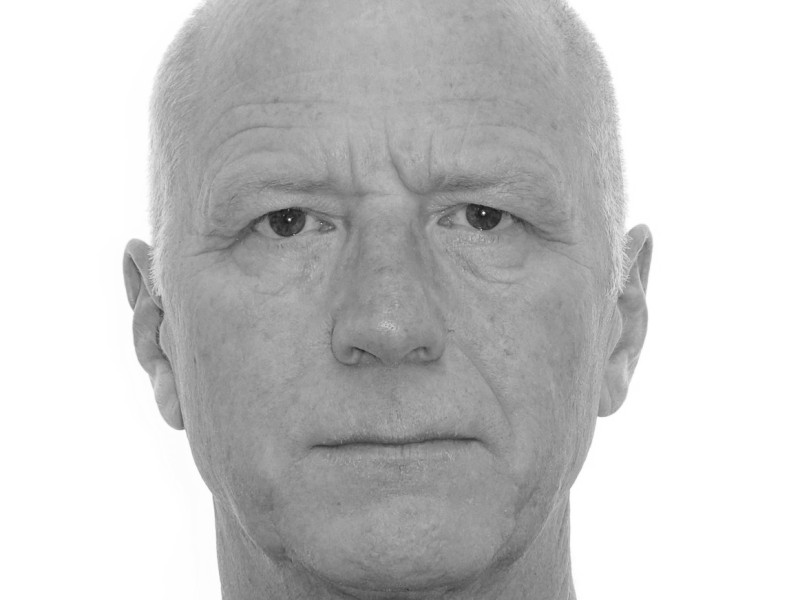 | Nick Hardiker Emeritus Professor and Associate - University of Huddersfield |
-
03.07.2025-29.08.2025
Delivering a credible global evidence base for integrative healthcare
As presented in the Project overview, the overall aim of the proposed programme of work is to develop a novel and easy-to-implement research methodology to support the ongoing evolution of a robust evidence-base for integrative medicine, taking the management of cancer as its initial focus. The ultimate goal of the work is to establish facts about both the measurable and perceived benefits, and critically the true risks, of the variety of routinely-used health interventions, in order to maximise benefit (beneficence) and minimise harm (non-maleficence), while respecting citizen choice (autonomy) and ensuring access to the widest possible range of rigorously evaluated health care practices (justice).
There are three main interrelated objectives and expected outcomes:
- To determine from published literature and expert opinion (both experts by practice and experts by experience) the range of evaluation methodologies that might have relevance to integrative healthcare
- Key professional informants have already agreed to contribute to work associated with this objective i.e. reviewing the published studies included in the literature review, exploring any emerging rigorously-applied approaches to evaluation, and sharing relevant unpublished work. Citizen scientists (in the capacity of experts by experience) will be recruited via the partner advocacy groups (and in accordance with agreed institutional ethical conditions) as early as possible into the proposed programme of work, and will be offered any relevant research training that might be needed for describing their own health care practices, their perspectives on benefits and risks, and their own approach to evaluation. The deliverables associated with this objective will take the form of two published articles – a literature review with a focus on the evaluation of integrative health care, and a qualitative account of lay evaluation of self-care practices, and perceptions of benefits and risks of both orthodox and complementary health interventions.
- To develop and agree on a robust flexible evaluative framework to accommodate different viewpoints and multiple concurrent health interventions
- The framework will draw on digital tools and techniques as appropriate. The key informants and citizen scientists will be brought together into a virtual community of practice that will be used to sense-check and agree on the emerging and evolving framework (drawing on my experience of iterative user-centred design and formative evaluation). The deliverable associated with this objective will present the framework in the form of guidance for consistent implementation.
- To develop and utilise engagement tools, techniques and channels for a variety of relevant audiences
- In addition to their evaluative role in the proposed programme of work, the community of practice will also represent a coalition of the willing, and together will help to develop an implementable communication strategy (the deliverable for this objective) that will be used to normalise the novel approach.
In addition to the programme deliverables, a key indicator of success for the overall proposed programme of work will be an indication of readiness of both the framework and a willingness across the coalition to engage with and participate in a competitive grant proposal to test out the framework at scale.
- To determine from published literature and expert opinion (both experts by practice and experts by experience) the range of evaluation methodologies that might have relevance to integrative healthcare







 Previous
Previous